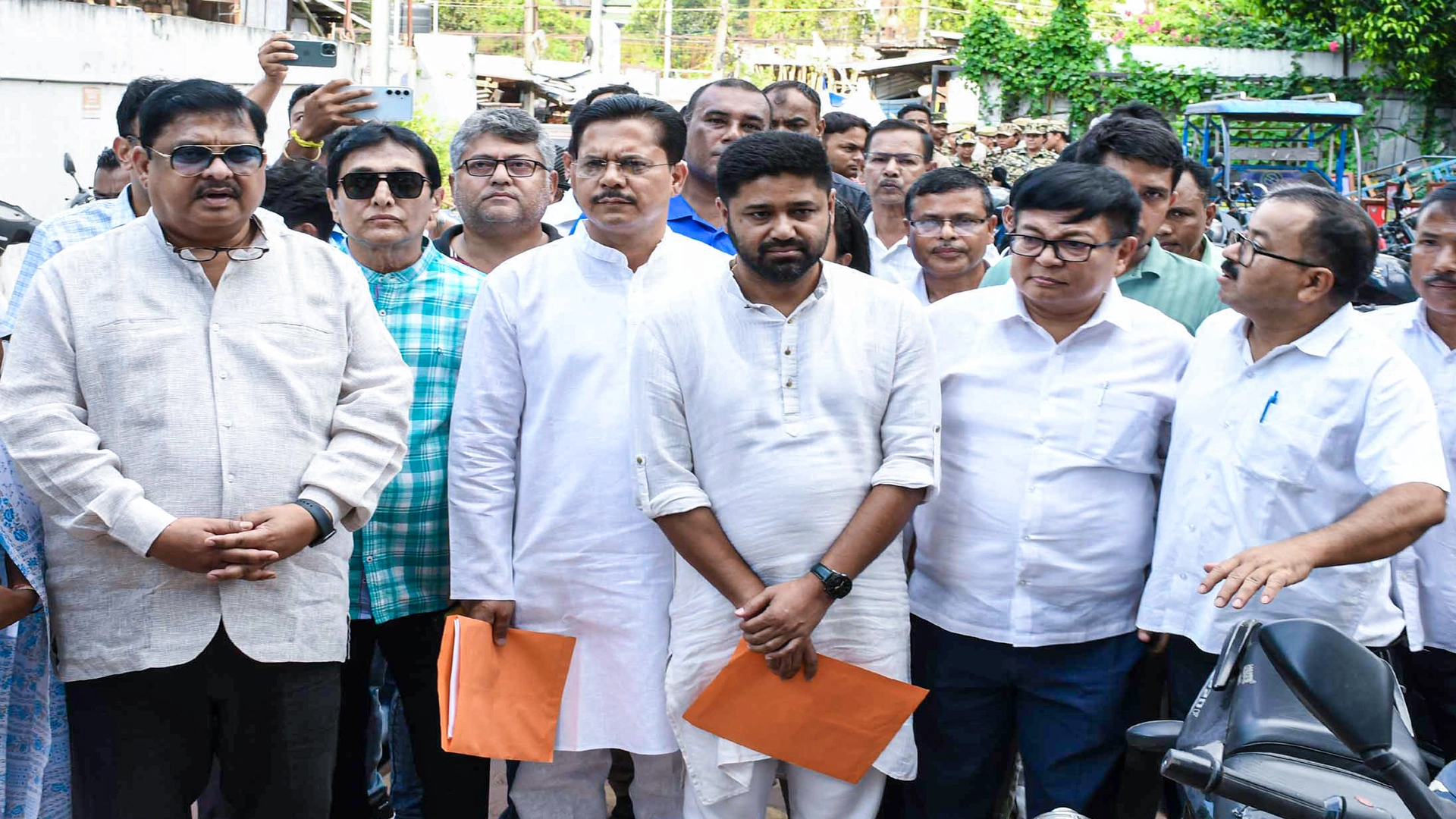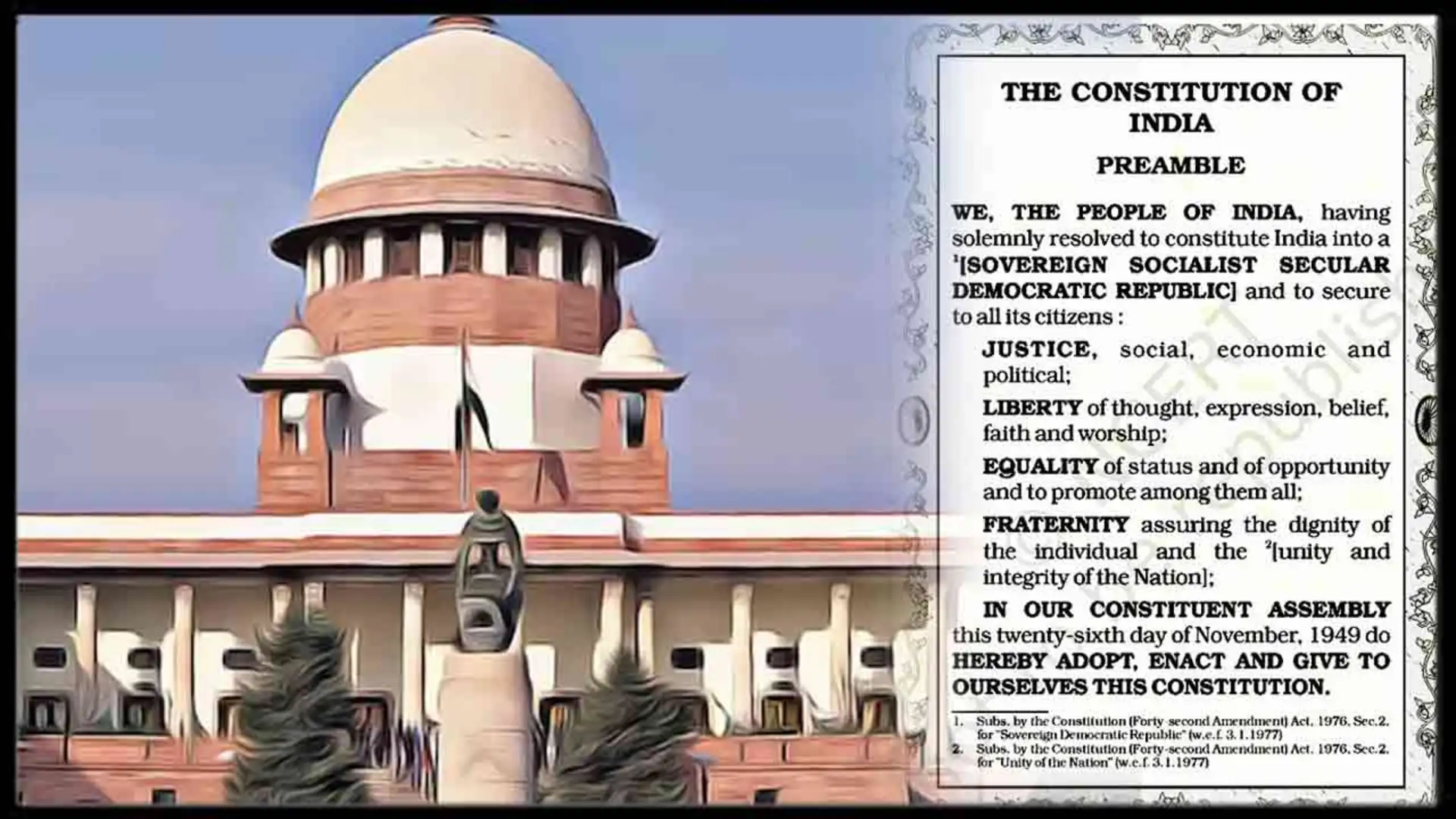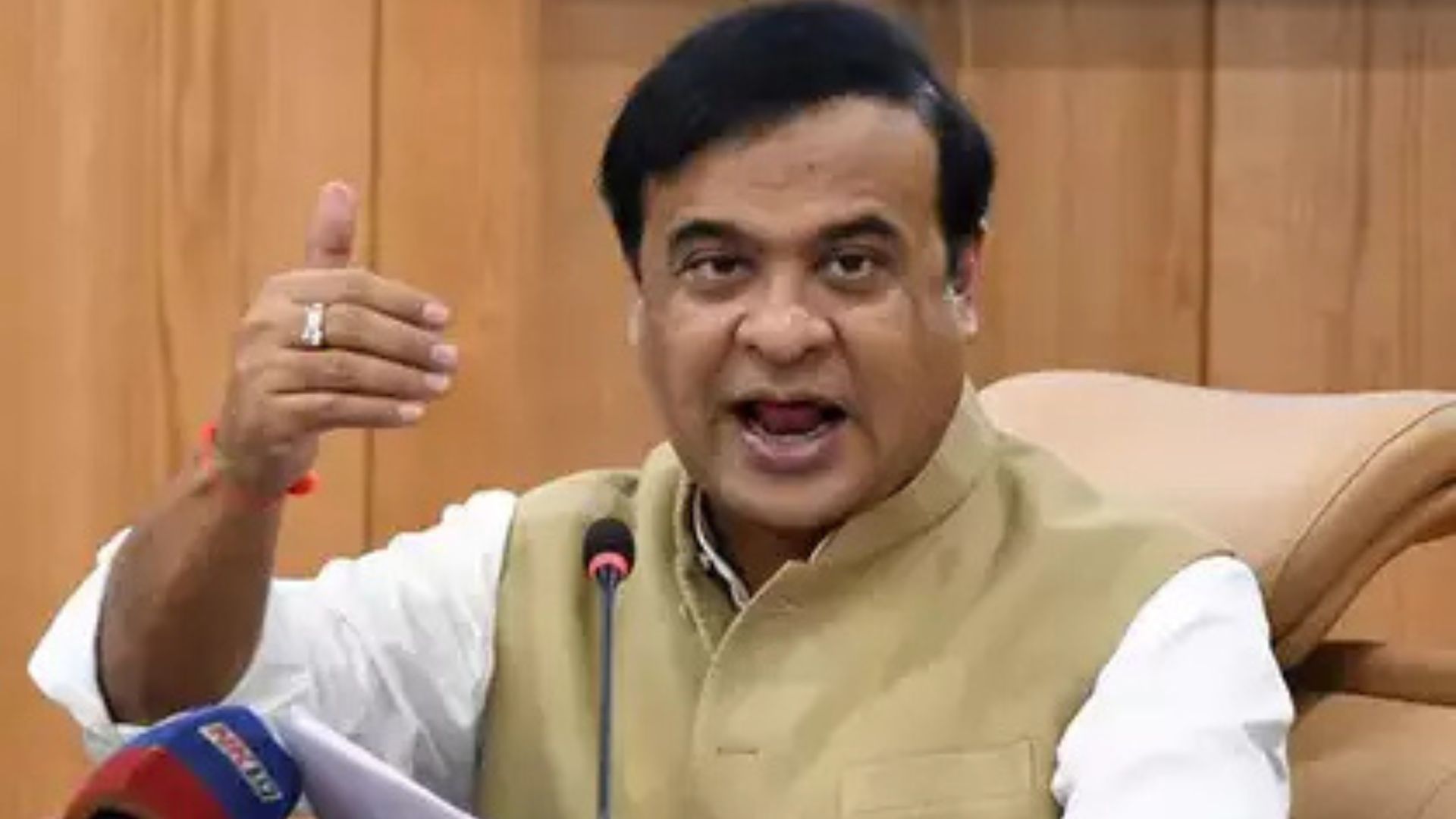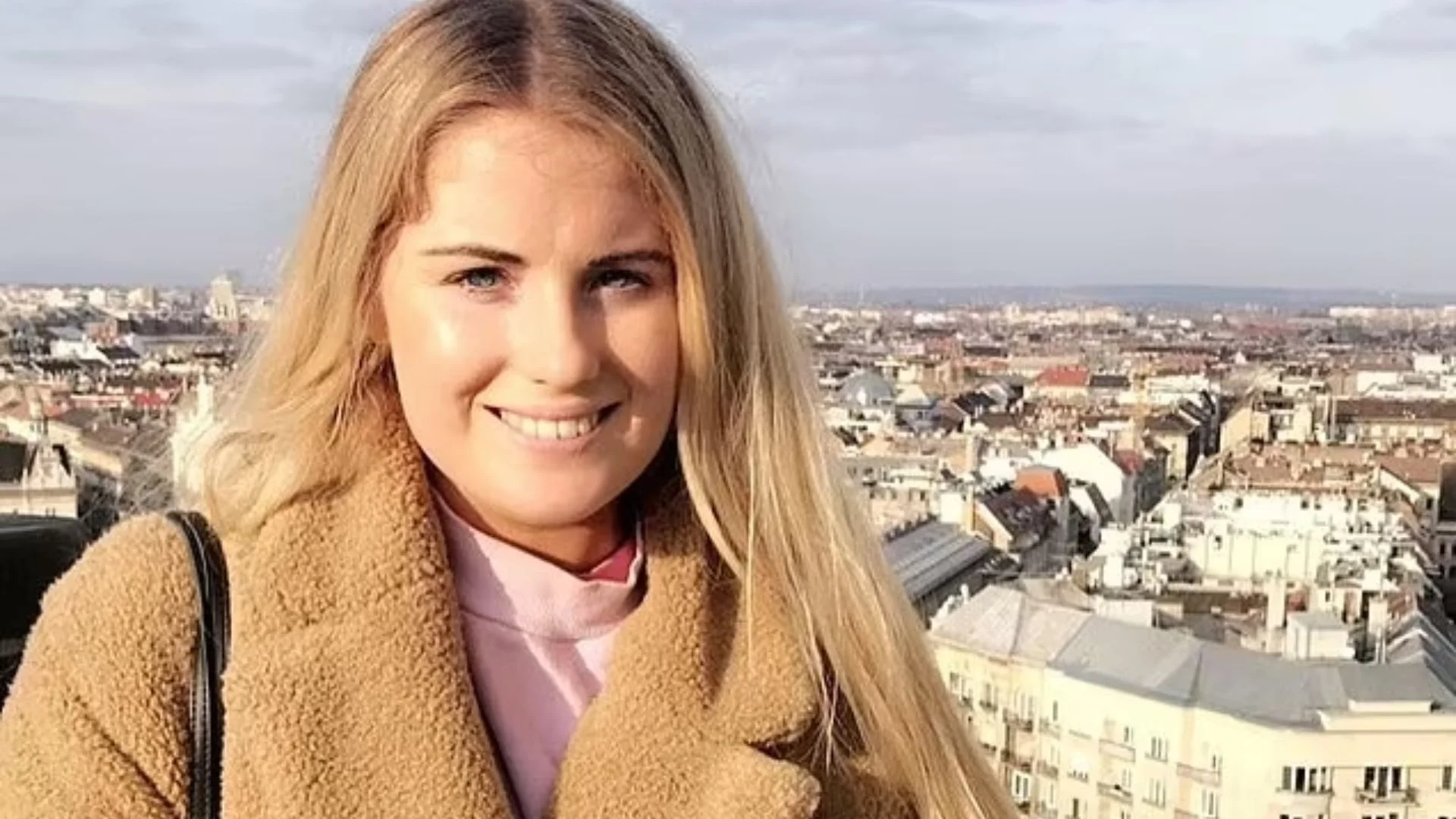
As the government fights the coronavirus crisis, aided by donations from corporates and individuals, a debate is gaining ground as to should temples and other religious institutions donate their wealth to the cause. Even going by approximates, the figures involved are large. It is claimed that the Padmanabhaswamy Temple in Kerala, which is reputed to be our richest religious institution, has about $20 billion to its name; the Tirupati Temple is reputed to get donations of Rs 650 crore annually, Shirdi Sai Baba in Mumbai is said to get approximately Rs 360 crore annually, while the Ajmer Dargah is believed to get donations worth Rs 200 crore annually. However, for their part, the religious institutions counter this pointing out that they are doing a lot already. Rahul Easwearan, a right-wing activist and grandson of Kandararu Maheshwararu, senior supreme priest of Sabrimala, says: “The Travencore Dewaswom Trust of which Sabrimala is a part has already donated Rs 1 crore to the Kerala CM Fund for Covid. Despite public perception to the contrary religious institutions also have their financial obligations. Right now also don’t forget that temples and churches are closed down but they have some fixed costs and financial overheads to meet.”
He adds, “All temples are not as rich as Sidhivinayak or Sabrimala. Thousands of temples cannot even break even and they are funded by the richer temples. Sabrimala funds about 1,208 temples. Unfortunately, people see the gold in temples but that’s not the reality. It is not as if our gods are very rich and people are very poor. But yes, after meeting our financial obligations we should do as much as we can. Community kitchens, with social distancing, is one way of sharing our resources.” Among the faithful, there is a belief that the gold in the temples or money donated by the devotees belongs to gods and not the state. Others would argue that if the gods don’t come to the rescue of the people at times like this, who will. Certainly, to take Easwar’s point forward, temples and gurdwaras specially are doing more than their bit when it comes to langars. There is another argument that favours monetisation of gold lying with the religious institutions.
Temples have $1 trillion worth of privately held gold in india — about 22,000 tonnes, according to an estimate from the World Gold Council. (Nearly half the amount held in Fort Knox). Much of this is in the form of decorations such as the 110-ft gold plated flagstaff at the Guruvayur temple in Kerala or the walls and ceiling of the Sidhivinayak temple’s inner shrine are plated with pure gold, and the Ganesh idol is adorned with exquisite jewellery. Large amounts of gold and jewellery are regularly offered by devotees to temples all over. But little of it contributes to India’s wealth. Counters R. Jagannathan, Editorial Director, Swarajya, “In any case only Hindu temples are directly run by states in contravention of secular imperatives. The state has already stolen or commandeered Hindu wealth over hundred thousand temples run by five southern states. Everyone targets temple wealth in ‘secular’ India. Why not target church and mosque wealth. They are the biggest landowners in India due to munificence of Mughal and British rulers. Most temples are now closed and their priests are starving as they get no donations from devotees.”
Adds Gnanasekar Thiagarajan, Director, CommTrendz, “Many temples have contributed handsomely to the PM Cares fund for Covid so far. And why only temples, why not other religious institutions like churches and mosques? So much gold is lying idle with the households too. I think any country would want the idle gold to be used in economic recovery. Some countries like Turkey are hinting about it already. It may also happen naturally with people losing jobs; they may tend to use their gold and convert it to cash… Temples are already monetising their gold to some extent and earning interest on it.’ The gold monetisation scheme was brought in to allow temples to deposit their gold in banks to earn interest and circulate in the economy rather than sit idle in musty vaults (2015). But it found limited takers. Recently, during the Covid-19 crisis the SBI sent out an SMS, reminding customers, that it would accept gold deposits under the gold monetisation scheme. Certainly, for the individuals it makes sense to avail of this than pledge their gold to moneylenders. But these are troubled times and the government is out on a wing and prayer to rescue the economy















